
We’ve all heard of self-care but why is it so important and how can we begin to provide more personal meaning to it in our own individual lives?
Why is self-care so important?
According to a 1,000 participant external study conducted by Deloitte, 91% of respondents reported having unmanageable amounts of stress or frustration which negatively impacted the quality of their work. 83% of respondents say burnout from work negatively impacted their personal relationships.
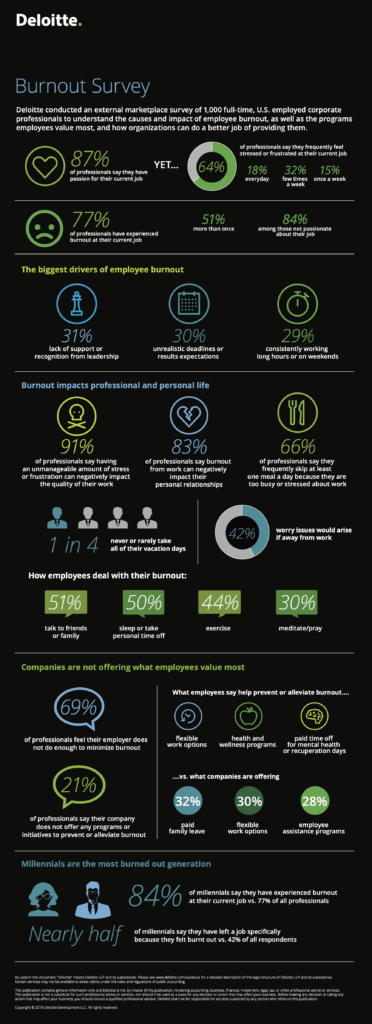
Because stress is so prevalent (and this study is only looking at it from a workplace perspective, stress affects us all even outside of the workplace), it is important to note that it is doing actual harm to our health.
The American Institute of Stress shares that stress can have a negative impact on your central nervous system, respiratory system, digestive system, and immune response.
“Stress may lead to or worsen disorders and diseases such as heart disease, anxiety, depression, hypertension, substance abuse, and gastrointestinal disorders (Astin, 1997; Brennan & Moos, 1990; Levy, Cain, Jarrett, & Heitkemper, 1997; D. Shapiro & Goldstein, 1982; Treiber et al., 1993; Whitehead, 1992).
Stress is also a contributing factor for lifestyle behaviors that increase vulnerability to diseases such as lung cancer, cardiovascular disease, and obesity (Brennan & Moos, 1990; Roth & Robbins, 2004; Treiber et al., 1993; D. R. Williams, 1999).”
How can we define self-care for ourselves?
While soaking in a nice, warm bath is a form of self-care, the term does go so much deeper than that.
Self-care can take on many different meanings, as its a highly individualized experience.
Self care is active. It is a word that is used to describe the action that any one person can take to recover or improve your physical, mental, or emotional health.
Self-care further breaks down for me into two components: reactive and proactive.
Reactive self-care is when you go to the doctor (or therapist) in response to symptoms and need to recover from already detected forms of physical, mental or emotional deterioration in some way.
As someone who has been ill, I understand what it can feel like to live in a reactionary space. I discovered the true importance of self-care after I was diagnosed with kidney cancer. But it should not have to take feeling sick to finally understand how vital it is to take care of yourself.
Proactive self-care, on the other hand, involves a prevention-based mindset. It’s about taking action to maintain or improve your well-being with a long-term goal of creating sustainable self-care practices.
Self-care is broad and highly specific but it can cover the following areas of life:
- Physical Health
- Mental Health
- Home
- Recreation
- Spirituality
- Career
- Finances
- Relationships
As a wellness coach, I always begin by assessing each client’s life to understand how each person feels in these various areas.
Looking at the list above, what can you do to focus on your self-care?
An example for mental health, could be meditation or journaling. If you are new to journaling, I have journal prompts that can help get you started. While I have a list of ways you can add more self-care into your life, it’s important to note that you have to find what works best for you and your lifestyle.
Self-care truly is about showing yourself the self-compassion you deserve. It is self-compassion in action.
Self-compassion is showing yourself that you deserve to be free from your own internal suffering by actively behaving in a way that provides you what you need.
So instead of focusing on why you aren’t getting more done, or why you should or shouldn’t be doing or thinking in a certain way, self-care provides us the opportunity to show ourselves active grace.
Take a moment to think – what can you do today to care of yourself?




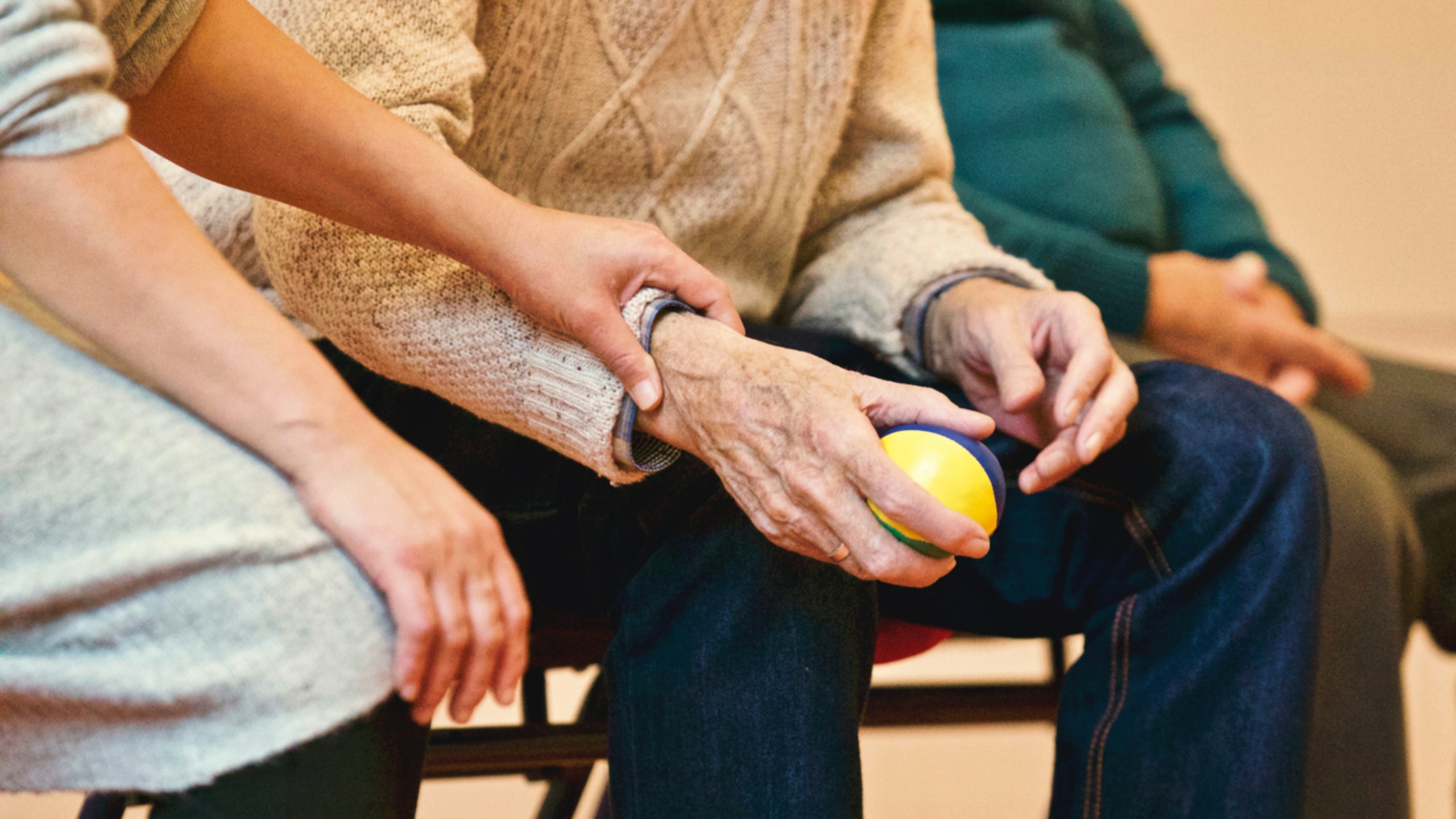



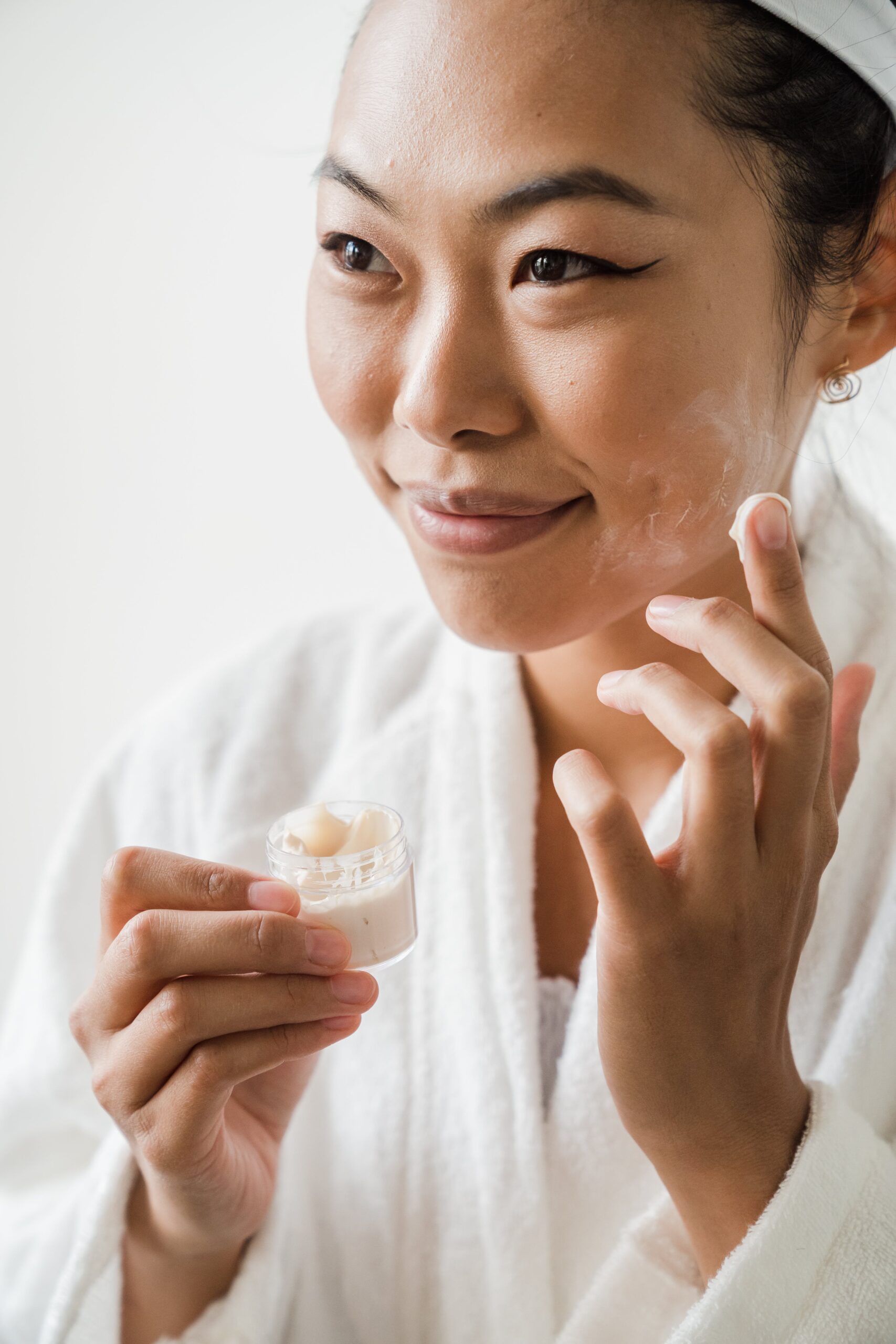
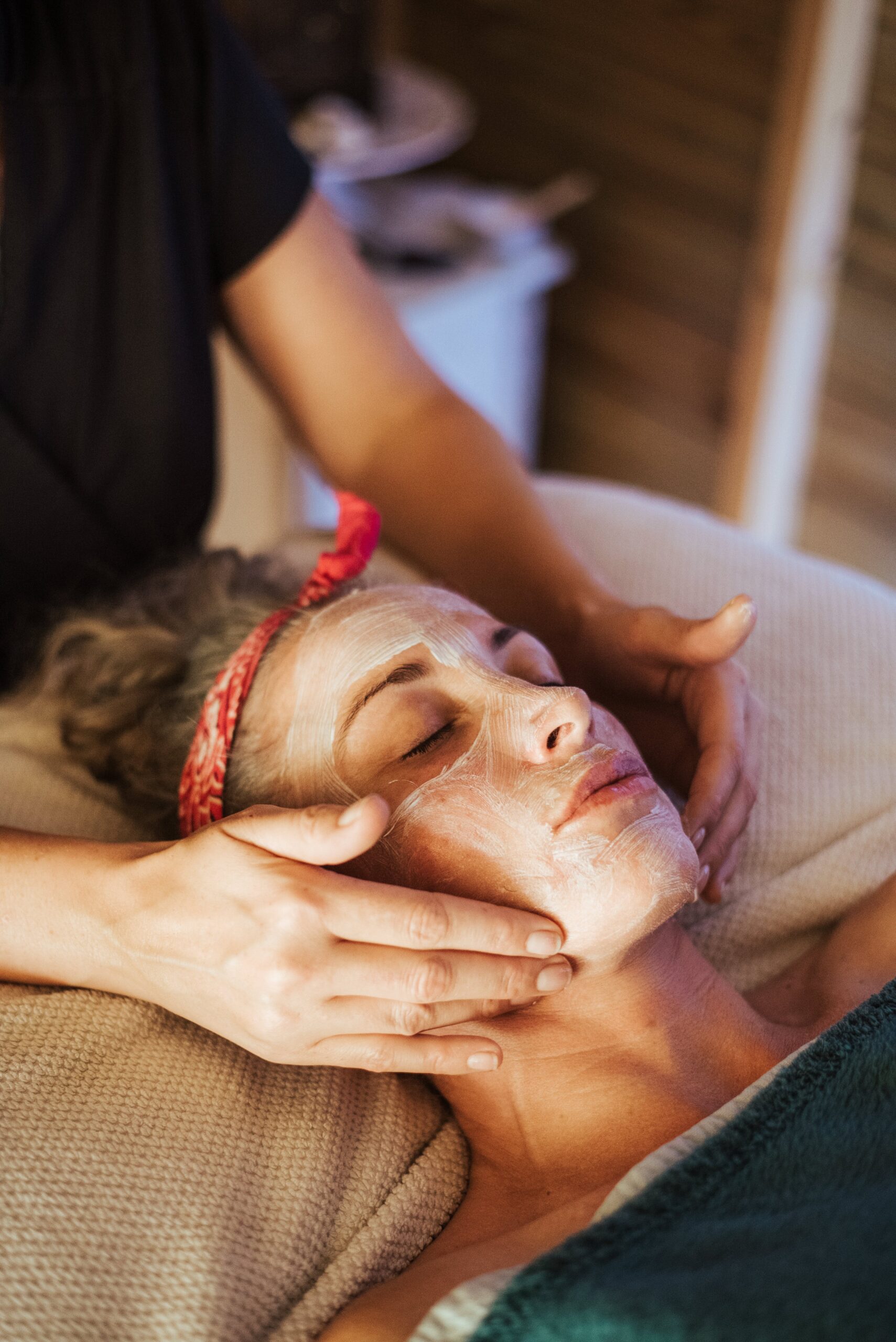

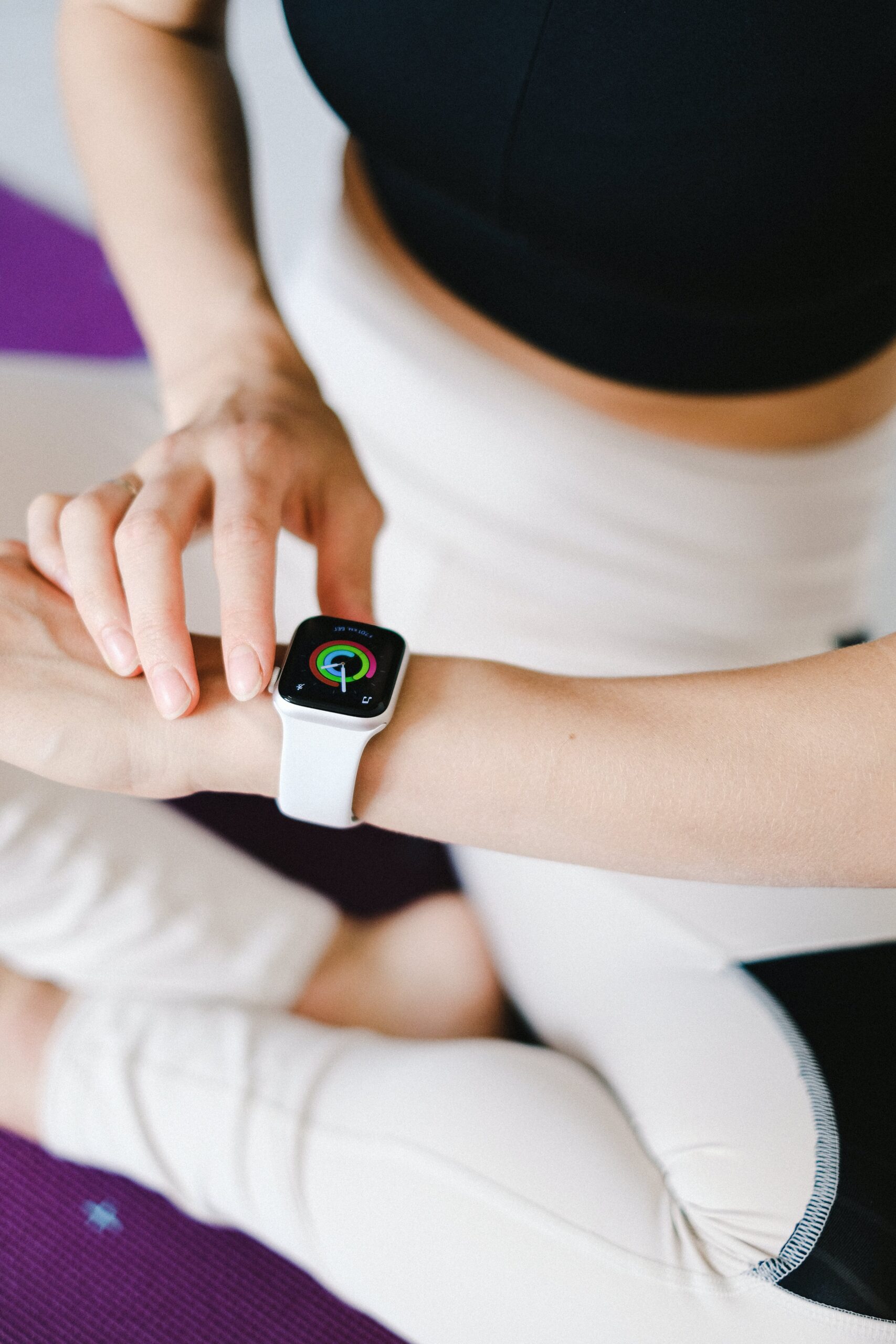





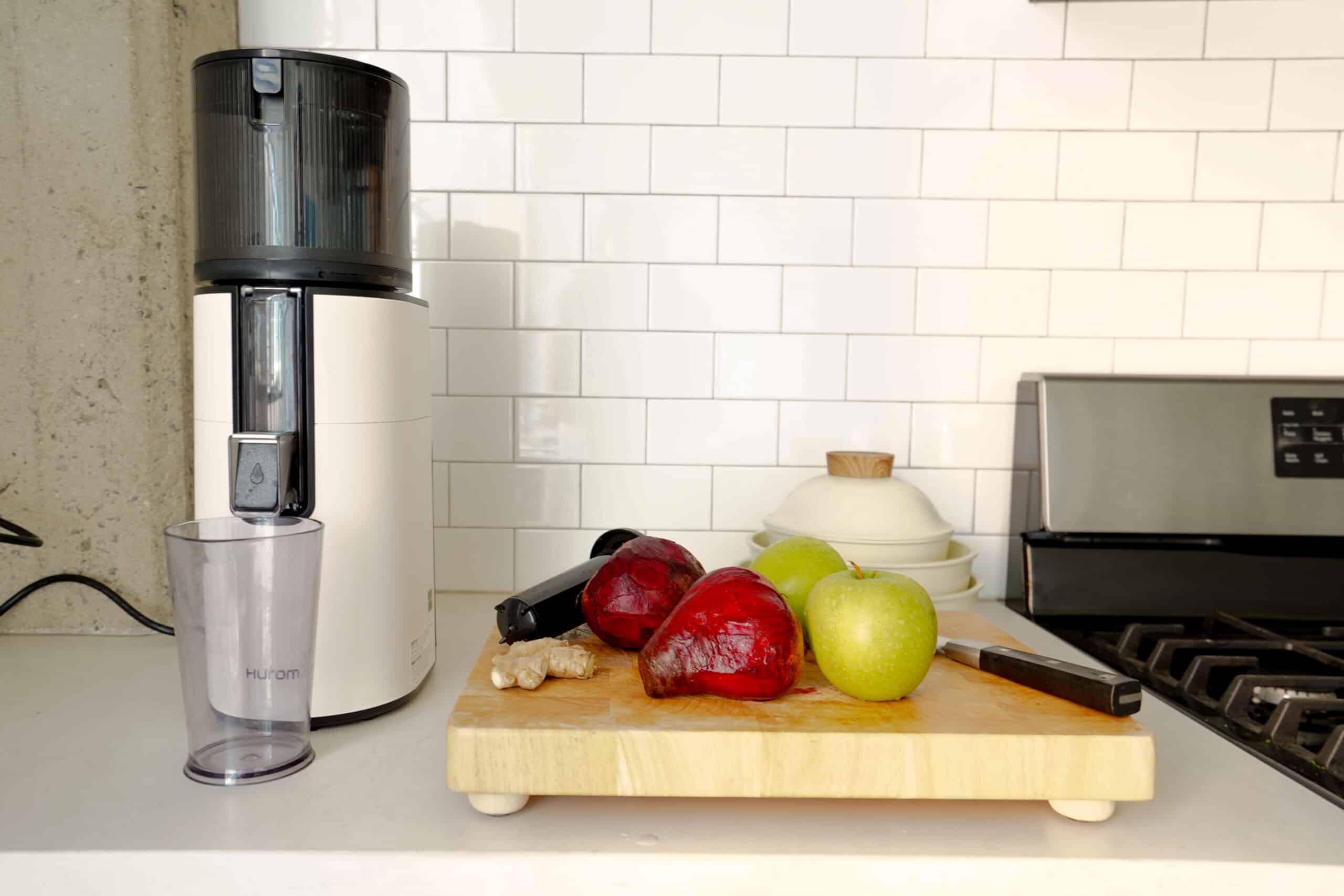
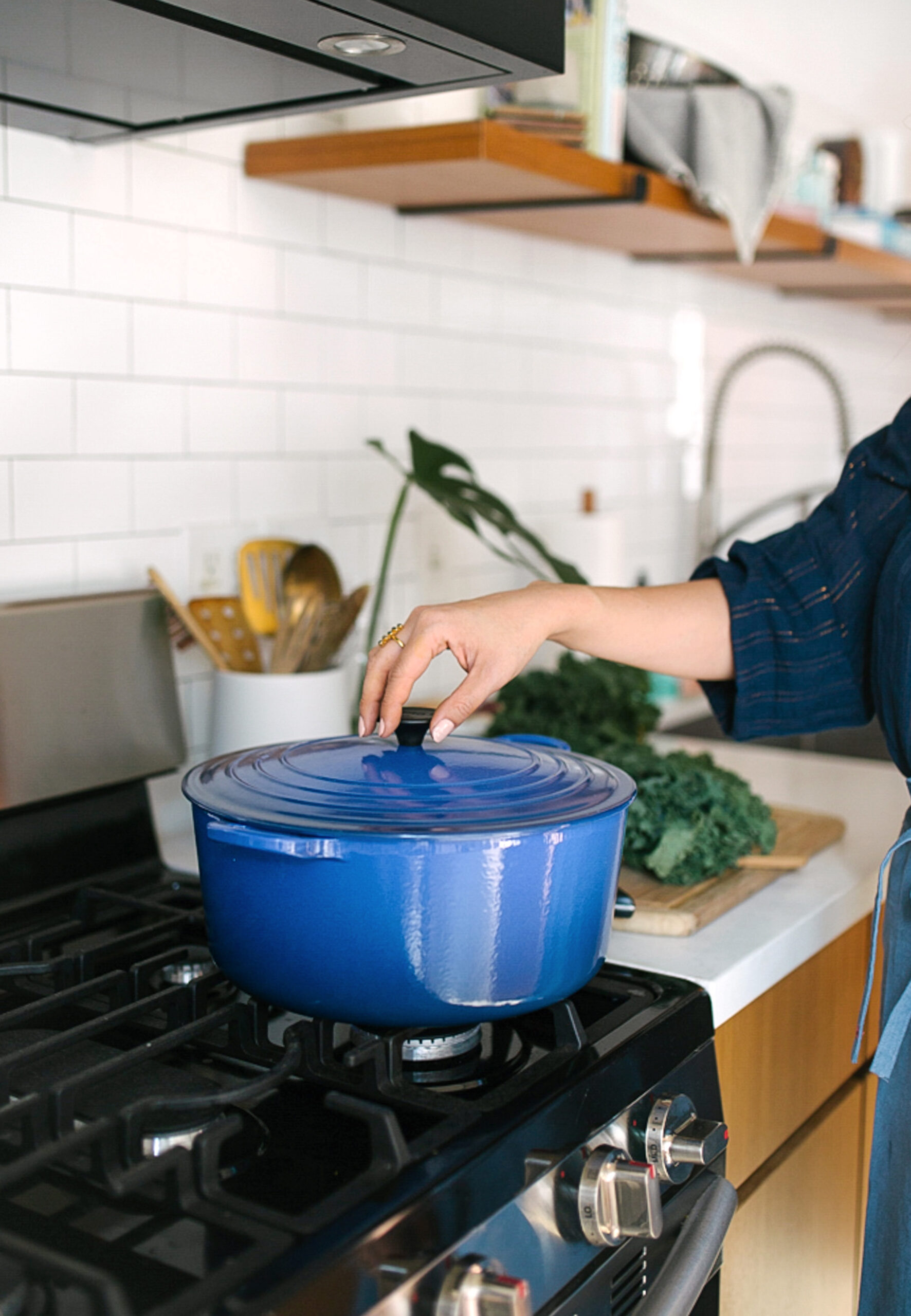







Self education is more important than school college education.
Today, my target is to read atleast 10 pages of my Soft skill book.